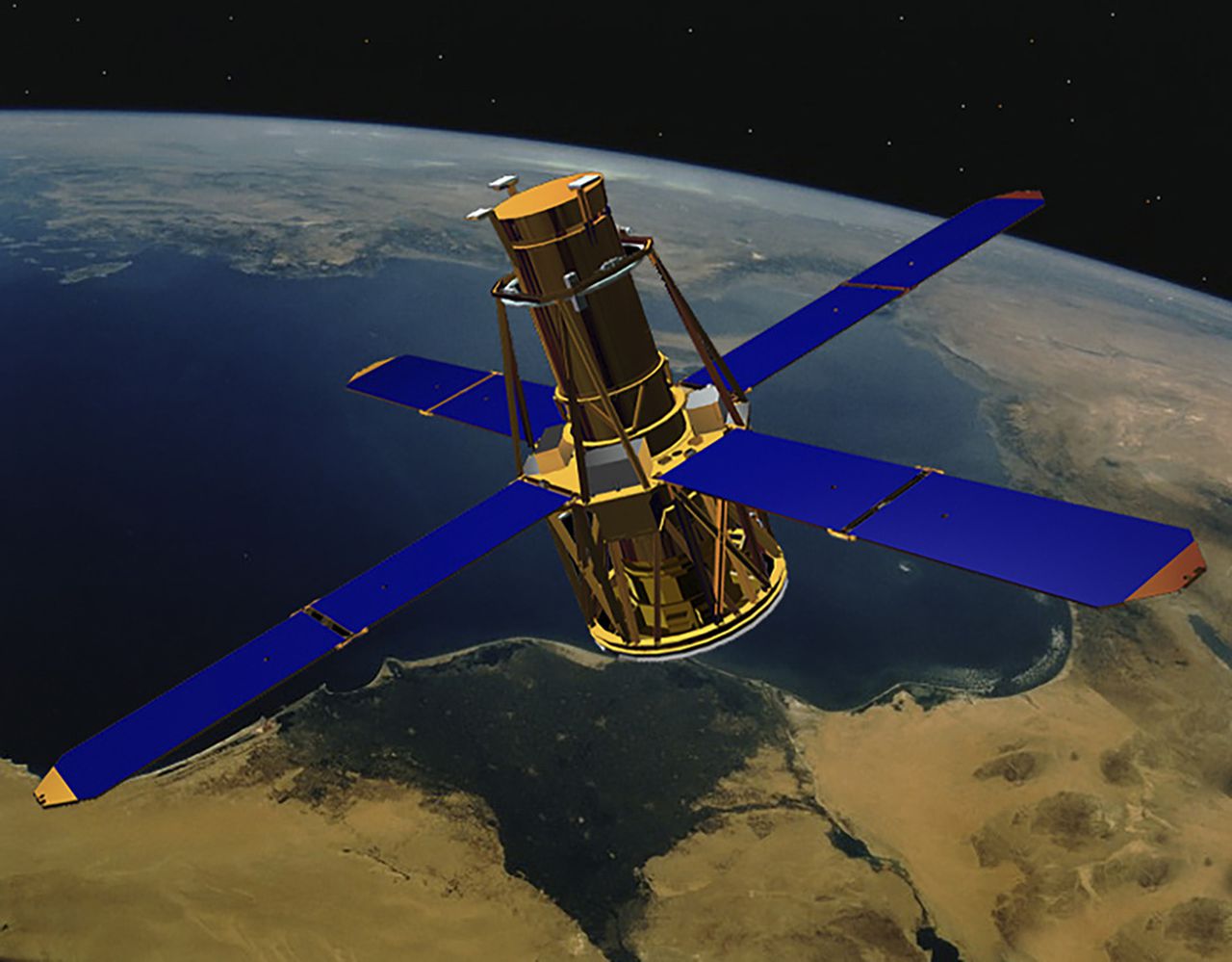Guest opinion: The big impact of small businesses in space
This is a guest opinion column
When I was deployed in Afghanistan there were many things that kept me up at night, but worrying about the satellite capabilities I relied upon was not one of them. I was working with government contractors as an Army officer to move supplies from Bagram to Kunar Province, and the battlefield before me was a traditional one – securing our land force and supply lines, winning over hearts and minds. Never once did I think that our battlefield actually extended to space. That was then and this is now.
Our adversaries have always spied on us, but last week The National Counterintelligence and Security Center, the FBI and Air Force issued a broad warning — Chinese and Russian spy agencies are specifically targeting private space companies.
Regardless of the permanent headquarters of the United States Space Command, this is a major issue for Huntsville. The Huntsville community has, and will continue to have, legions of engineering entrepreneurs driving the U.S. capture of space. Who will bear the cost of securing their intellectual property, activities and the employees and future of these small businesses? Right now, the U.S. government is silent on the matter.
Instead, the focus of the government’s report was big companies like SpaceX, Blue Origin and other prime contractors — the companies that have conducted launches and built and fielded satellites fueling our national advantage. But small businesses are obviously vulnerable as well and offer an array of critical technologies that could aid an adversary’s cyberattacks aimed at degrading U.S. satellite capabilities during a conflict or emergency. Small businesses are integrated into every aspect of our spacecraft, satellites, space stations, orbital launch vehicles, deep-space communication, in-space propulsion and related technologies.
Every day, in my civilian job, I work with small business entrepreneurs who are building this widget or that part of our evolving space infrastructure. Take Linc Research, Inc., here in Huntsville. Linc Research is conducting research on lunar landing pads and is just one of many small businesses in Huntsville contributing to the American advantage in space.
As Deputy Secretary of Defense Dr. Kathleen Hicks recently pointed out, “small businesses are vital along the entire spectrum of the Department’s needs,” saying small businesses are key to “our warfighter advantage.”
Secretary of Defense Lloyd Austin has said that “innovation lies at the heart of American security,” adding, “nobody innovates better than the United States of America. But we can’t take that for granted.” Secretary Austin is right. We can’t take the entrepreneurs that drive small business innovation for granted, and we cannot off-load the cost of protecting small business intellectual property from spies onto the already over-burdened small business community.
Several years ago, the Center for International and Strategic Studies calculated that the financial loss of US intellectual property to Chinese cyber espionage could be as much as $600 billion. The victim company suffers revenue losses for years to come and the country is exposed to untold risks.
We already know that the number of small businesses in the defense industrial base has declined over the last decade, a trend driven by the rigors and costs of doing business with Uncle Sam. Now entrepreneurs working on mission-critical technologies such as semiconductors and microprocessors used in satellites, missiles and other space-based military applications have a target on their back.
The National Counterintelligence and Security Center said last week that, “foreign intelligence entities recognize the importance of the commercial space industry to the US economy and national security, including the growing dependence of critical infrastructure on space-based assets …They see US space related innovation and assets as potential threats as well as valuable opportunities to acquire vital technologies and expertise.”
If federal agencies are expecting to off-load that fiscal and operational challenge onto the shoulders of an already burdened small business community, the nation and the community of Huntsville will pay dearly.
The space diplomacy expert Michael Krepon once wrote that there are two kinds of failure in threat reduction: failure despite trying, and failure by not trying. The dangerous military competition in space now unfolding reflects both kinds of failure.
Given the importance small businesses play, the federal government must provide the financial wherewithal to protect the intellectual property, employees and growing activities of small businesses working on the frontiers of space technology.
Branden Irvine is Director of Client Services at sbLiftOff, a national mergers and acquisitions advisory firm, specializing in commercial and government contracting companies. Irvine served as an Officer in the Army’s 10th Mountain Division and was awarded a Bronze Star for his service in Afghanistan.
